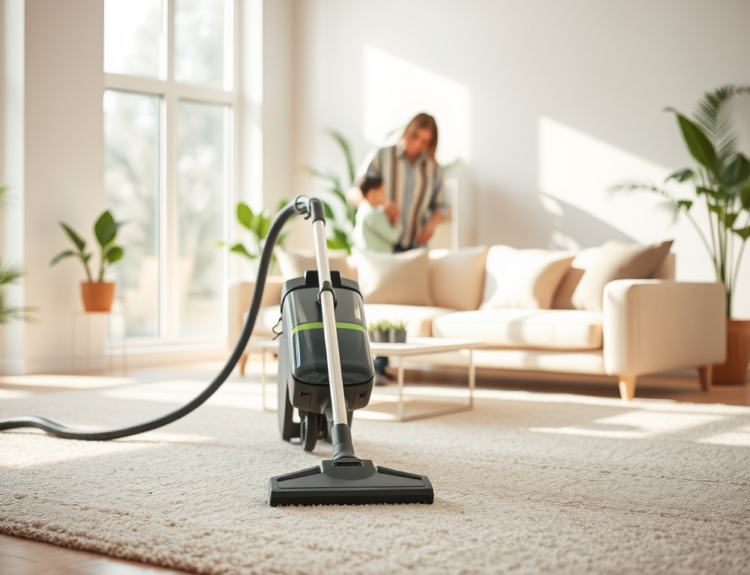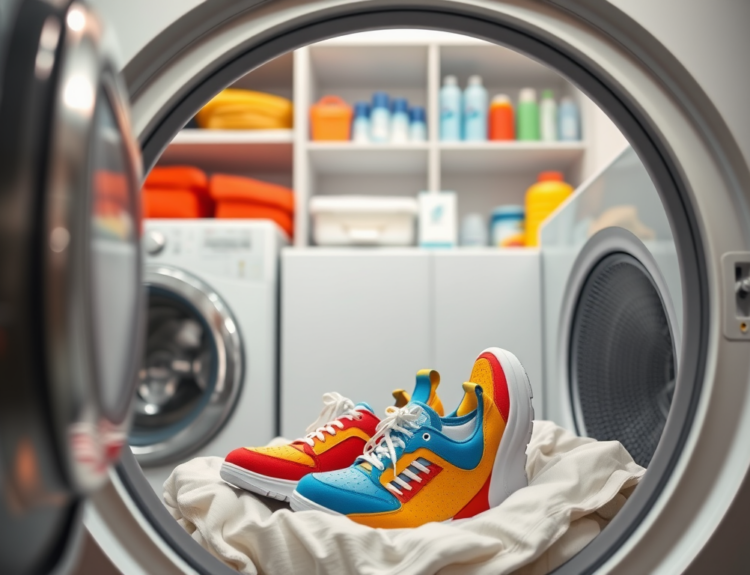Stainless steel appliances and surfaces are popular for their sleek appearance and durability, but maintaining their luster without using harsh chemicals can be a concern for many people. This article will explore various safe and natural methods to clean stainless steel effectively while preserving its shine. By adopting these simple techniques, you can keep your stainless steel items looking pristine without compromising on environmental health.
The Benefits of Cleaning Stainless Steel Naturally

Opting for natural cleaning methods for stainless steel comes with a host of advantages. Firstly, avoiding chemicals reduces the exposure to harmful substances that can affect your health and the environment. Natural ingredients are not only safer but are also readily available and cost-effective, making them a convenient choice for regular cleaning. Furthermore, using non-abrasive solutions ensures the longevity of your stainless steel, preventing scratches and maintaining its polished look. A chemical-free approach aligns with sustainable living practices, which can be a fulfilling and eco-friendly lifestyle choice.
Using Vinegar and Olive Oil

One of the most effective ways to clean stainless steel is by using a combination of vinegar and olive oil. Vinegar acts as a natural disinfectant and removes streaks and grime, while olive oil offers a protective shine. Begin by pouring vinegar into a spray bottle, and spray evenly across the stainless steel surface. Use a soft microfiber cloth to wipe in the direction of the grain, which helps in removing dirt and enhancing the natural finish. Once cleaned, apply a small amount of olive oil on a clean cloth and buff the surface gently. This not only adds a shine but also creates a barrier against future spots and fingerprints.
Baking Soda Paste for Tough Stains
Baking soda is a powerful natural cleaner that excels at removing stubborn stains from stainless steel. To make a cleaning paste, mix baking soda with an adequate amount of water until it forms a spreadable consistency. Apply this paste to the stained areas and let it sit for several minutes. Use a damp cloth or sponge to scrub gently, following the grain of the steel. Baking soda’s mild abrasive property makes it effective yet safe for cleaning, ensuring that your steel remains scratch-free while eliminating stains. Finally, rinse the area with warm water and dry it with a towel to prevent water spots.
Cleaning with Lemon Juice
Lemon juice is another natural cleaner that can be used to clean stainless steel surfaces. Its natural acidity helps dissolve mineral deposits, sap, and other clingy substances. To clean with lemon, cut the lemon in half and rub it directly onto the steel surface, following the grain. For enhanced cleaning power, sprinkle a bit of salt onto the surface before applying the lemon. The salt adds a gentle scrubbing texture that helps remove dirt and grime. After cleaning, wipe down the surface with a damp cloth, and dry thoroughly with a soft towel. Adding a tiny bit of lemon aroma also leaves your kitchen smelling fresh and clean.
Other Useful Tools for Chemical-Free Cleaning
Apart from the ingredients mentioned above, there are other tools that can aid in cleaning stainless steel without chemicals. Microfiber cloths are instrumental due to their ability to trap dirt and prevent streaking. When combined with warm water, these cloths can clean many everyday spills and stains. Wooden or plastic spatulas can be used to scrape off dried-on messes without scratching the surface. Finally, for an easy maintenance routine, consider using a steamer that works wonders by dissolving grease and residue with just water vapor. By incorporating these simple tools, you can maintain the appearance of your stainless steel appliances effectively.
Conclusion
Cleaning stainless steel without chemicals is not only possible but also practical, offering a safe alternative that protects both the user and the environment. By utilizing natural ingredients such as vinegar, olive oil, baking soda, and lemon juice, you can achieve a streak-free, shiny finish on your stainless steel items. Additionally, tools such as microfiber cloths and steamers enhance the efficacy of your cleaning efforts. Practicing these methods contributes positively to a healthier home and planet, ensuring that your stainless steel maintains its aesthetic appeal for years to come.
Frequently Asked Questions
- How often should I clean my stainless steel appliances? It is advisable to clean stainless steel surfaces weekly to maintain their shine and prevent buildup of grime and stains. High-touch areas may require more frequent wiping.
- Can I use any type of vinegar to clean stainless steel? White distilled vinegar is recommended for cleaning stainless steel due to its effective cleaning properties and lack of color, which prevents staining.
- What should I avoid using on stainless steel? Avoid using abrasive sponges, steel wool, or any cleaning products that contain chlorine, as these can scratch and damage the surface.
- Is it necessary to follow the grain direction when cleaning? Yes, cleaning along the grain helps prevent scratches and ensures a polished appearance, reducing the risk of streaks.
- Are olive oil alternatives available for polishing stainless steel? Yes, you can use mineral oil or coconut oil as alternative polishing agents for a similar shine and protective barrier.



